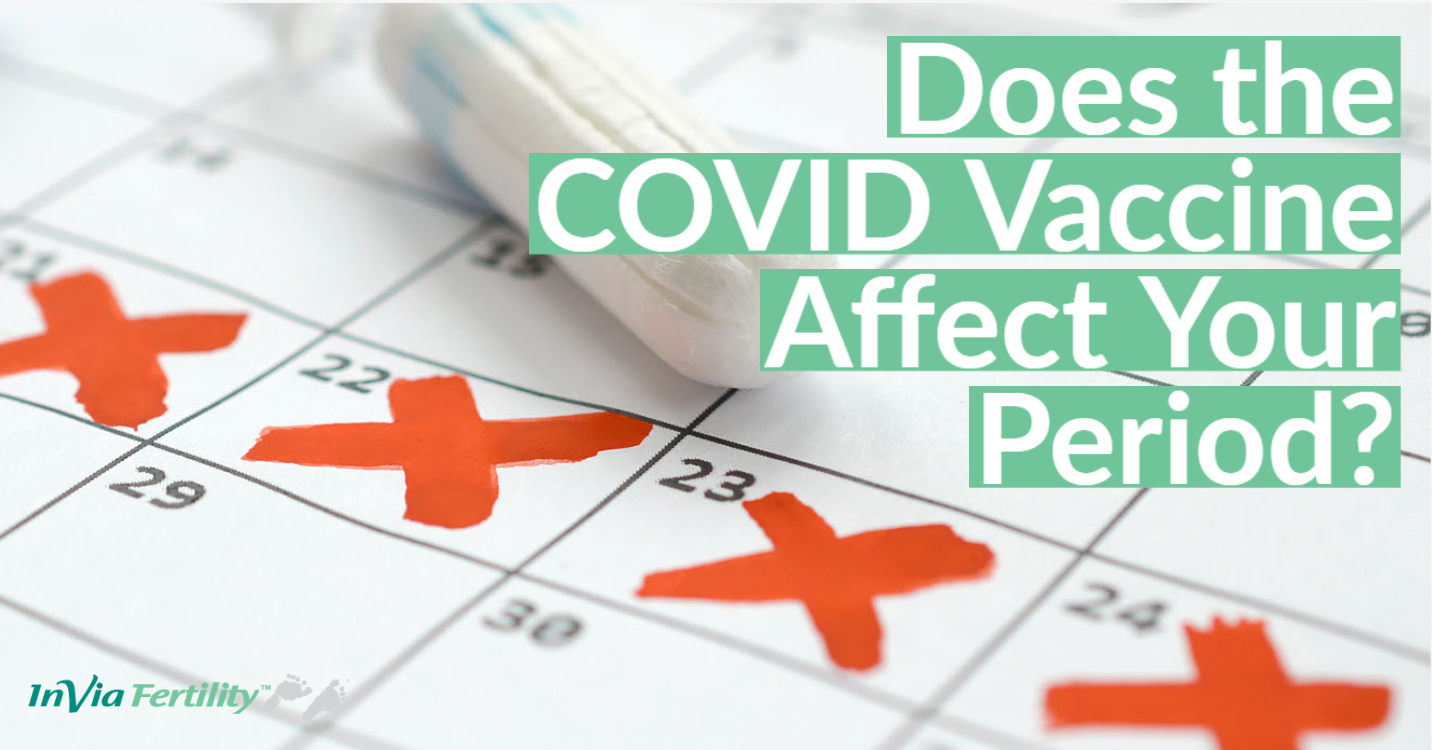We are experiencing a very high volume of calls and messages and ask for your patience. We will answer your portal messages within 48 hours.
We are experiencing a very high volume of calls and messages and ask for your patience. We will answer your portal messages within 48 hours.

The number of people infected by COVID-19 (COVID) is decreasing and the pandemic appears to be in the process of resolving. A major contributor to the control of COVID is the availability and wide use of vaccines. It has now been shown that although vaccination does not completely protect against COVID infection, vaccination reduces the severity of the disease, leading to much lower risk of hospitalization or death for vaccinated individuals.
Despite this, a significant number of people are still refusing to take the vaccine. This number is even higher in women who are planning to get pregnant or are pregnant. Lack of confidence regarding the safety of the vaccine in pregnancy as well as potential risks to the fetus are the most common reasons for vaccine hesitancy in young women. This is in spite of the fact that unvaccinated pregnant people are known to be at a higher risk of severe disease, hospitalization, death when infected with COVID.
After hundreds of millions of doses of COVID vaccine, many of the questions we have are being answered with data. One common question is “Does the COVID-19 vaccine affect my period?” Social media has been suggesting that the vaccines do affect the menstrual cycle. If so, the reasoning behind these posts goes, then it is possible they can affect fertility as well as pregnancy. This very question was addressed by a study by Alison Edelman and colleagues that was published in January in Obstetrics and Gynecology.
The researchers tracked menstrual cycle data in 2,403 vaccinated and 1,556 unvaccinated individuals with normal menstrual cycles. Vaccinated people were followed for a total of six cycles: three cycles prior to the first vaccine dose, and three post-vaccine-dose cycles (cycles 4 – 6). Unvaccinated people were followed for six cycles over a similar time period.
Overall, receiving the COVID-19 vaccine was associated with a less than one-day change in cycle length for both vaccine-dose cycles compared with pre-vaccine cycles. Unvaccinated individuals saw no significant change in their periods when compared with three baseline cycles. The difference in change in cycle length between vaccinated and unvaccinated patients was less than one day for both doses.
COVID-19 vaccines have a temporary, clinically insignificant effect on your period. Your cycle length after a vaccine can change by about one day, and will return to normal within two cycles. Cycle changes were more pronounced when both doses of the vaccine were given in the same menstrual cycle.
This change in the length of your period after COVID vaccination could be due to activation of the immune system. Disruption of the menstrual cycle’s timing is also known to happen with other vaccines or following an infection.
The American Society for Reproductive Medicine (ASRM), the American College of Obstetrics and Gynecology (ACOG), and the Society for Maternal-Fetal Medicine have strongly recommended that all individuals who are planning to get pregnant, are pregnant or are breast-feeding, should take the COVID vaccine.
At InVia Fertility Specialists, we do the same. Although we recommend our patients take the COVID vaccine, we do not mandate it and we will continue to provide the same high-quality care to our patients regardless of their vaccination status.
Get started on your pathway to pregnancy with a fertility practice that practices evidence-based, patient-centered care. We have five locations in and around Chicago to serve you. Click the banner below to make an appointment!

Entire Website © 2003 - 2020
Karande and Associates d/b/a InVia
Fertility Specialists
